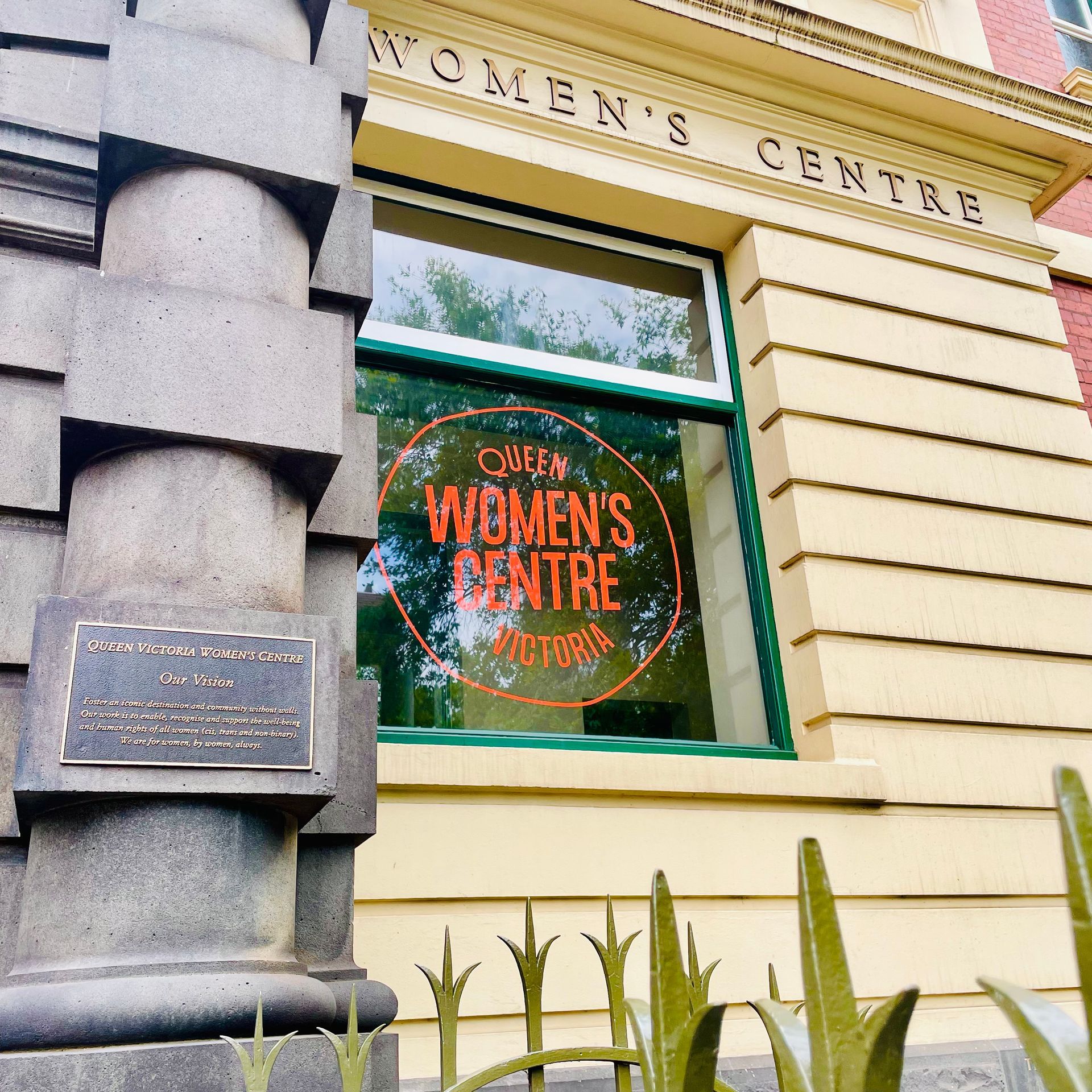Family Therapy Tipsheet:
Gliding through the Holiday Family Season
With the end of the year fast approaching, many of us may already find ourselves in ‘planning mode’ for Christmas or other cultural traditions that involve family and gathering together.
This can be a difficult time for many – some may be dealing with the stress of organising events, seeing your biological family/family of origin after some time, or deciding to attend a Friend-mas and managing feelings around that.
We have some tips based on family therapy to help you smoothly glide through the holiday season this year. Family therapy is a relational or interpersonal method of working through issues that relate to a system such as a family.
1. Notice the role you are playing
For those who are apprehensive about attending large or frequent family gatherings, you could pay attention to the role you have in these family interactions. Are you playing the role of the ‘caretaker’, the ‘youngest’, or the ‘peacemaker’?
It can be easy to fall back into familiar patterns from your upbringing when interacting with your family. Paying attention to the role you are playing is a starting point to determining whether you want to play that role, or if it is happening automatically.
2. Strive for a balanced approach to managing conflict
A common justification for fearing the holiday season is the threat of encountering conflict with family or close members.
Some conflict is unavoidable, or even healthy if it allows feelings or experiences to be shared among the family system.
There are several ways that conflict can be addressed too. In general, there are three domains of the self, other and context.
- When addressing conflict and ignoring the self, you may be giving power to others and not standing up for your own opinions or perspective.
- When focusing on the self and context but ignoring others – this can result in blaming people around you.
- When focusing only on the context, and not the people involved (self and others), this can appear overly rational or intellectual without acknowledging the feelings of people involved.
By placing your attention on the context at hand, the feelings of yourself and others around you – this can help have a more balanced perspective to work through issues.
3. Consider what boundaries may work for you in the moment
There are many different types of boundaries that exist, which may be helpful for the specific context that you are in.
Boundaries are not always necessarily referring to distance and no communication. Other types of boundaries may include time, emotional and effort.
For instance;
- Time boundaries – you can determine how much time you are willing to spend with or for someone, given your needs and what the circumstance is. Perhaps you are most comfortable spending a lot of time with your elderly grandparent that you haven’t seen all year, which might mean limiting the amount of time you spend with your parents over the holiday period.
- Emotional boundaries – you can think about how involved or invested you are for attending events, interacting with family members or any activity related to family gatherings.
- Effort/energy boundaries – similarly, you may also be able to decide how much effort will devote into certain activities. This could look like saying no to certain tasks e.g. cooking the lamb roast, if it is simply outside of your capacity and resources to manage in this time.
Those are some things to consider as we head into the holiday season. Drawing on this family therapy perspective, we encourage you to also think about the different dynamics at play and what you can do in your family system for a happier holiday!
By Vi-An Nguyen, Psychologist




